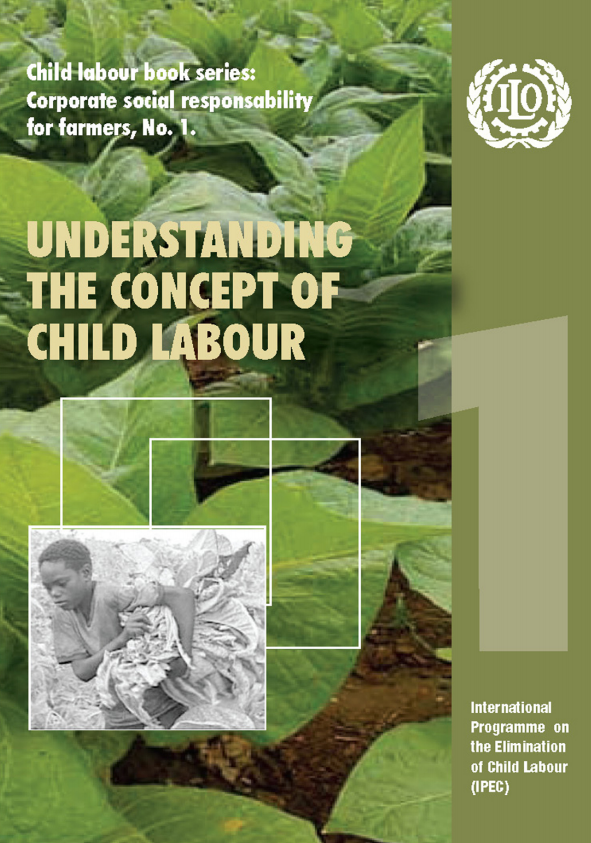Modern Slavery: A Resource Guide for The Banking Industry
PublicationsEvery four seconds, someone is sold into modern slavery somewhere in the world. Every 60 seconds, the criminal industry that supports modern slavery makes more than US$285,000. These statistics, calculated from estimates by the International Labor O...Read More

